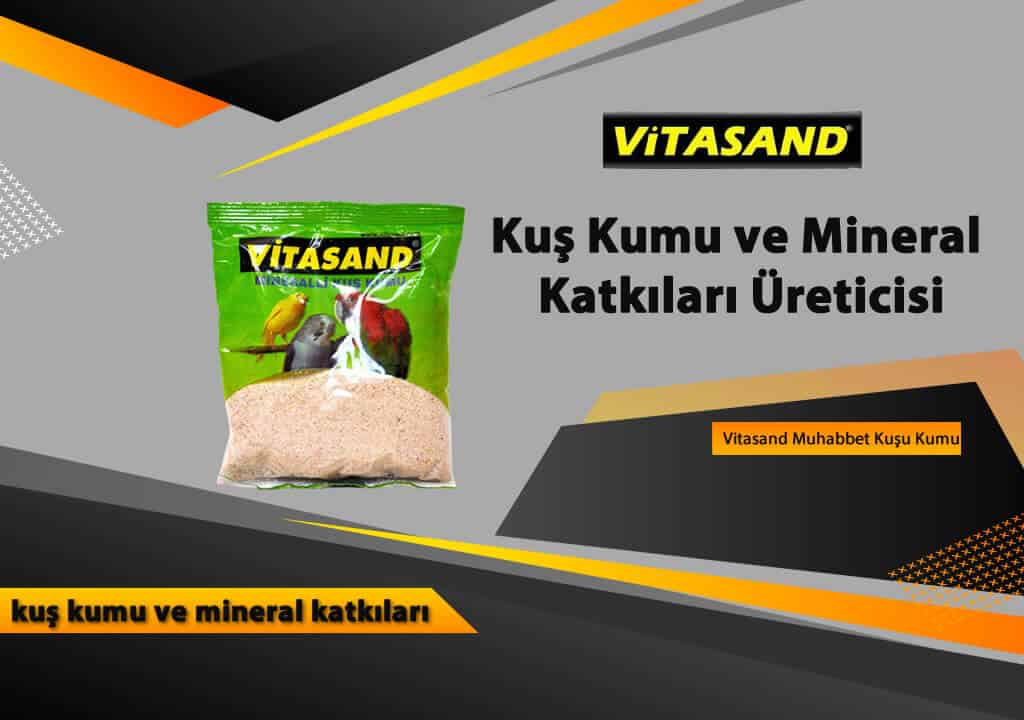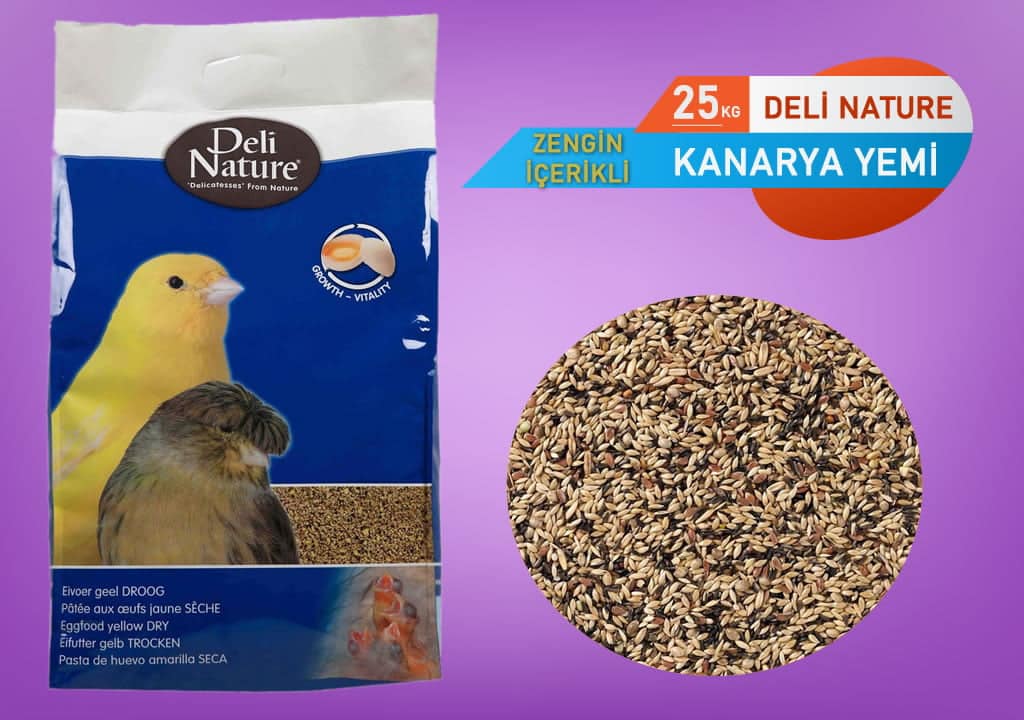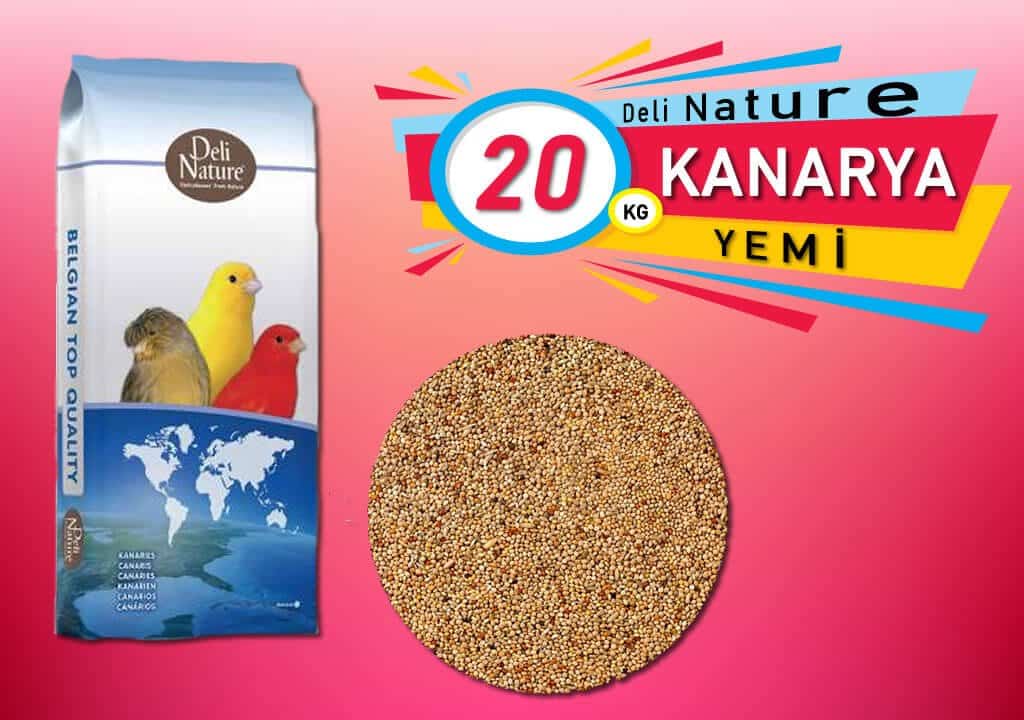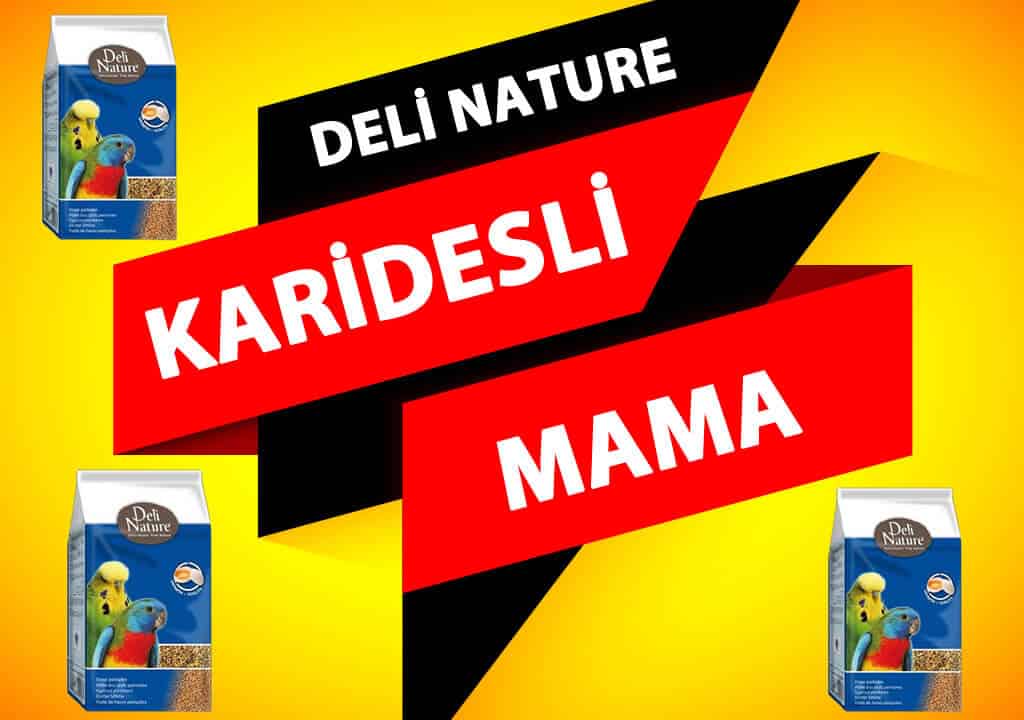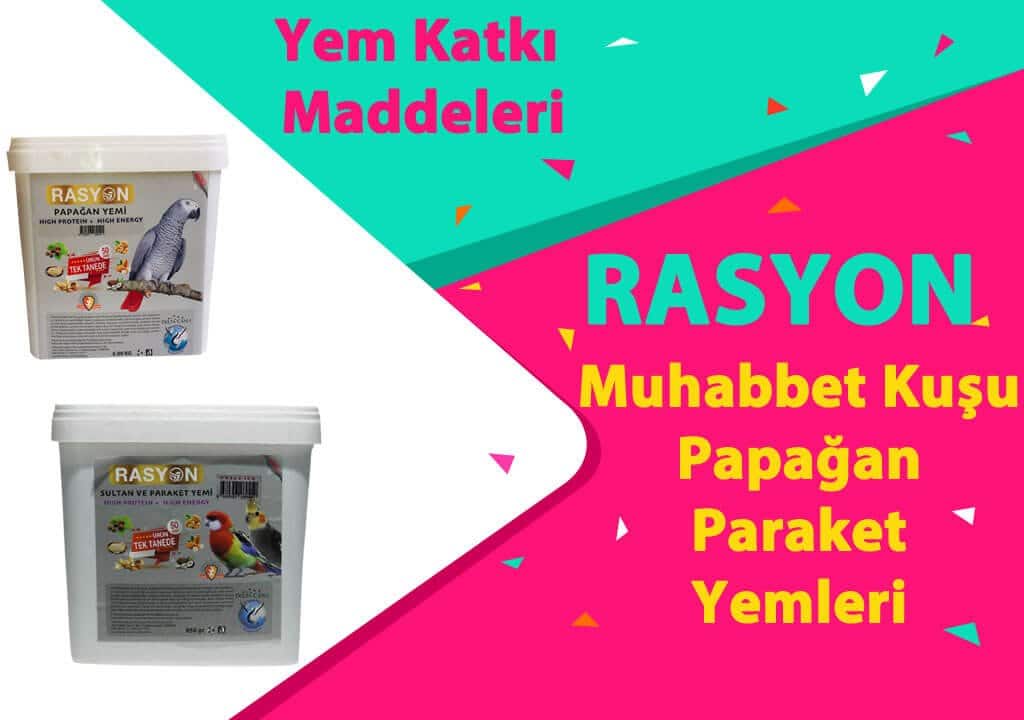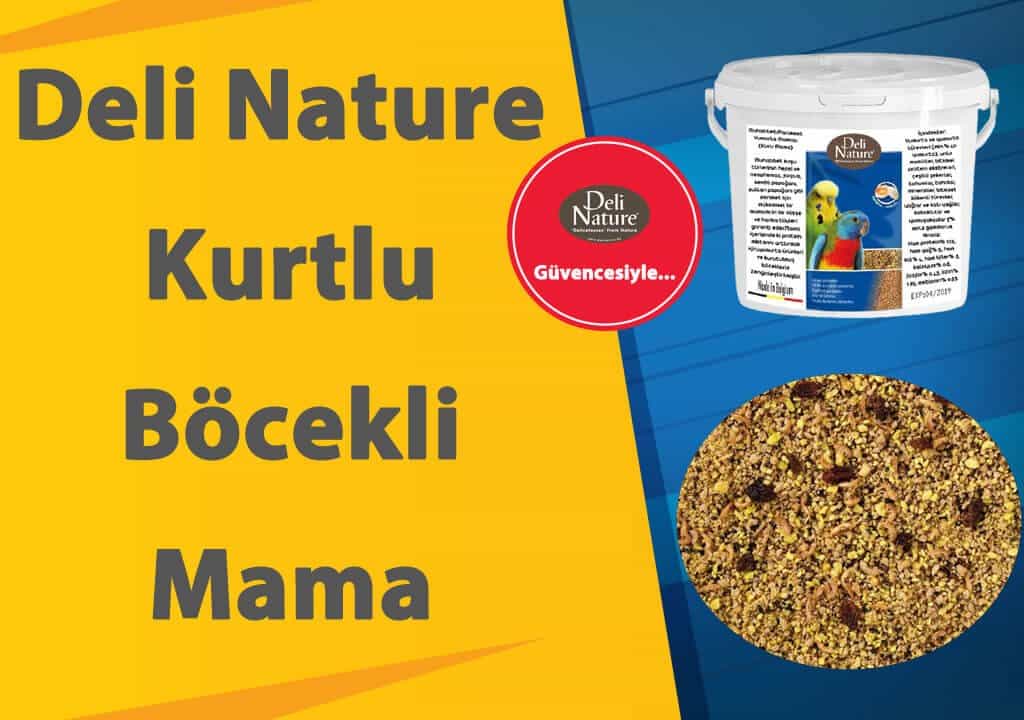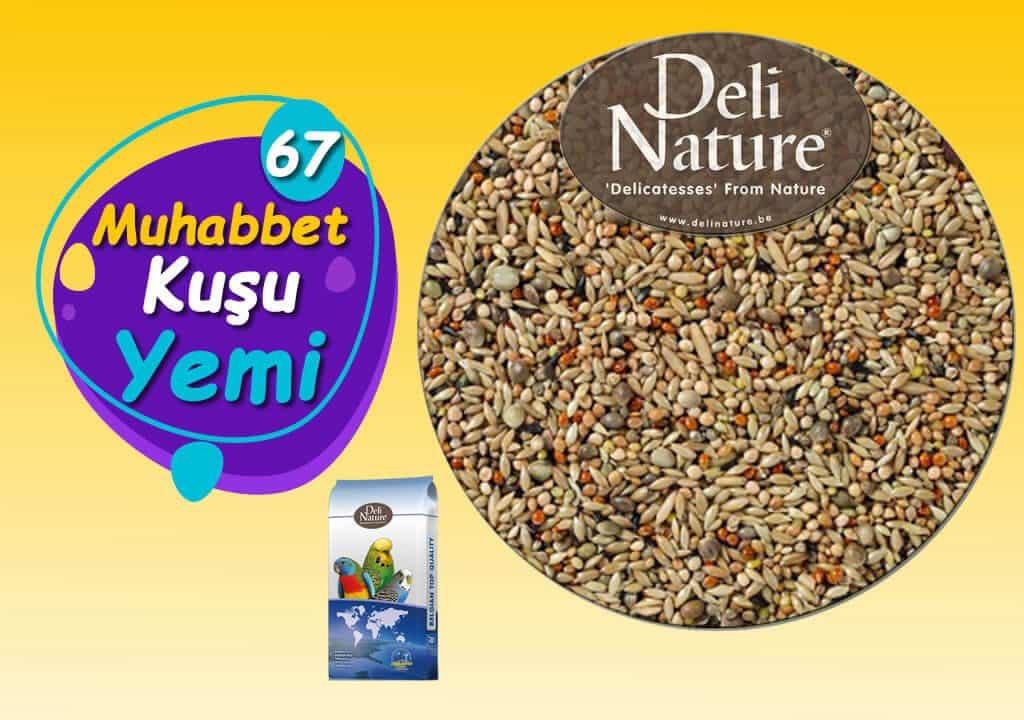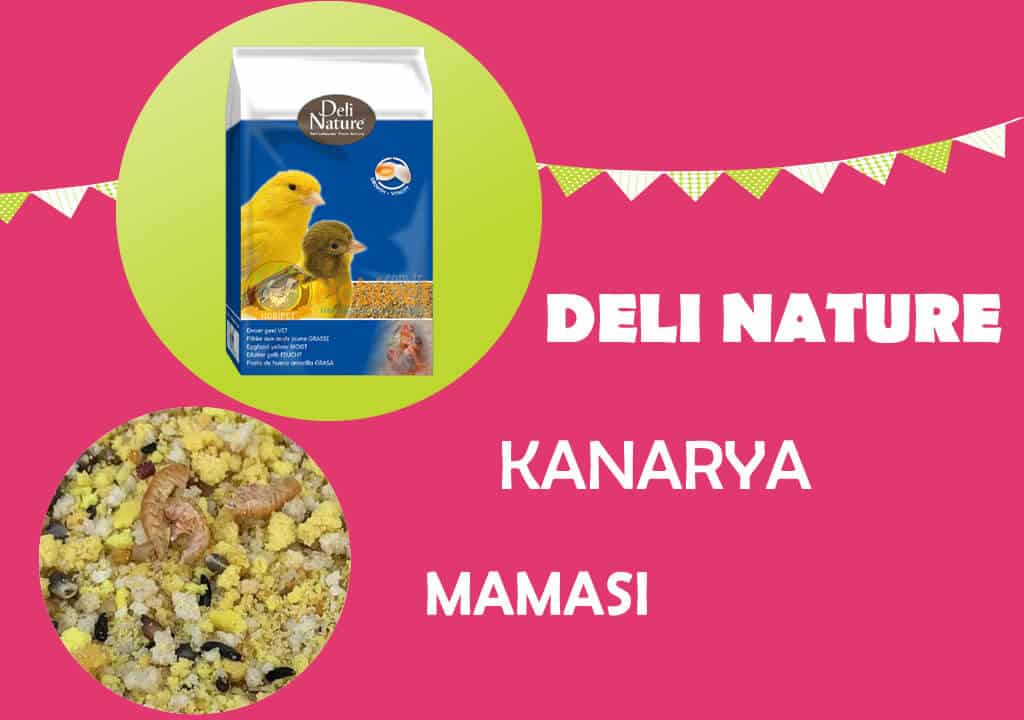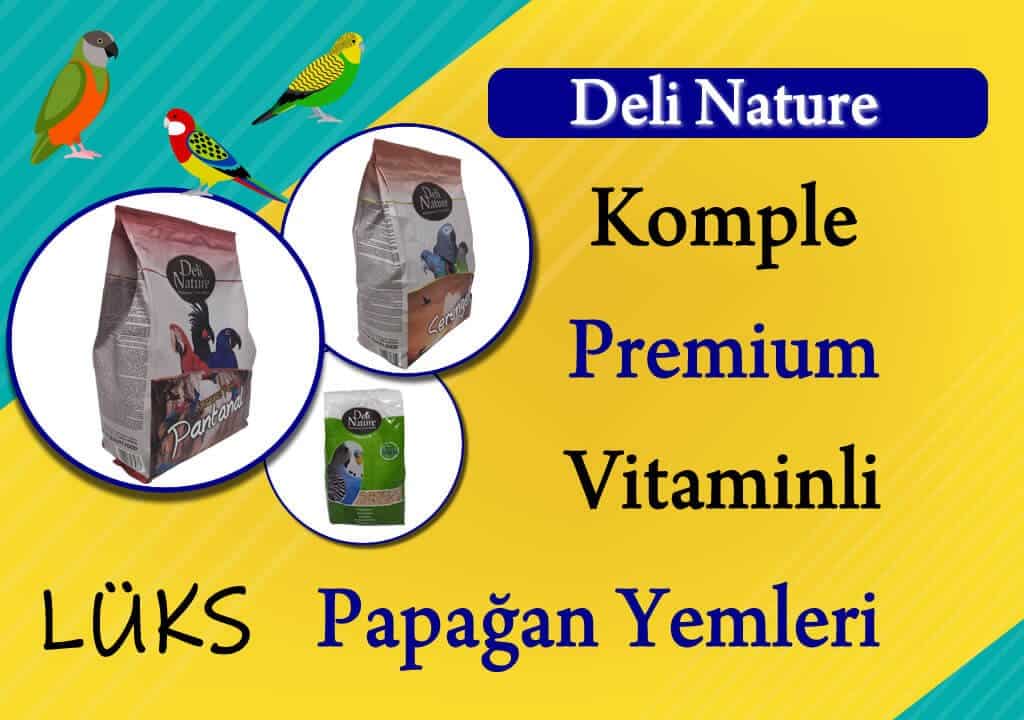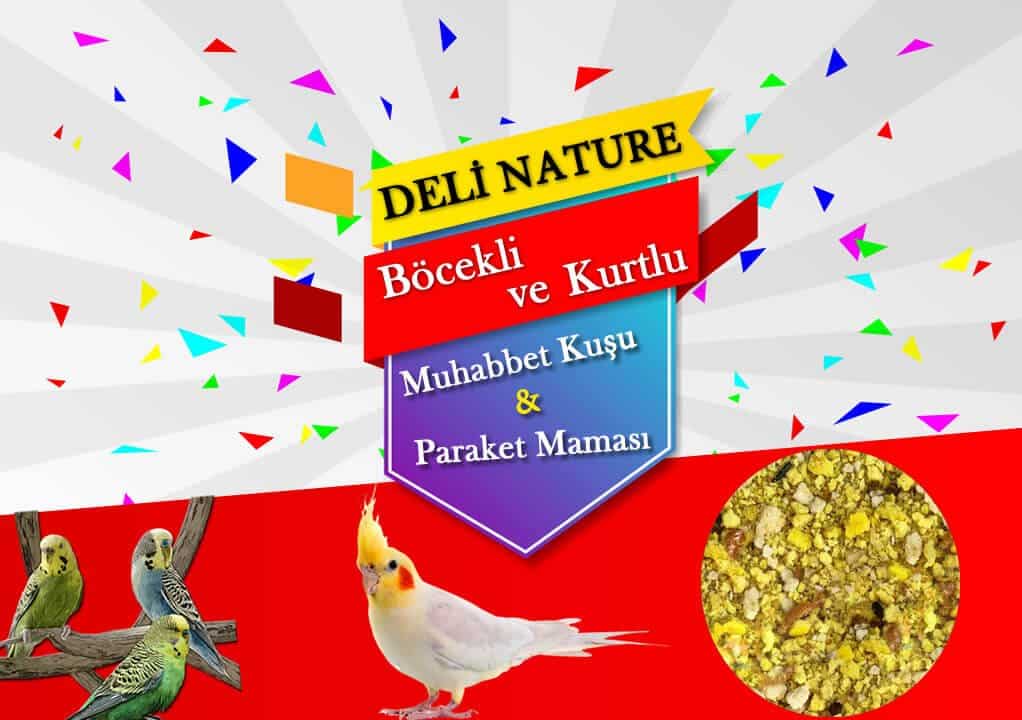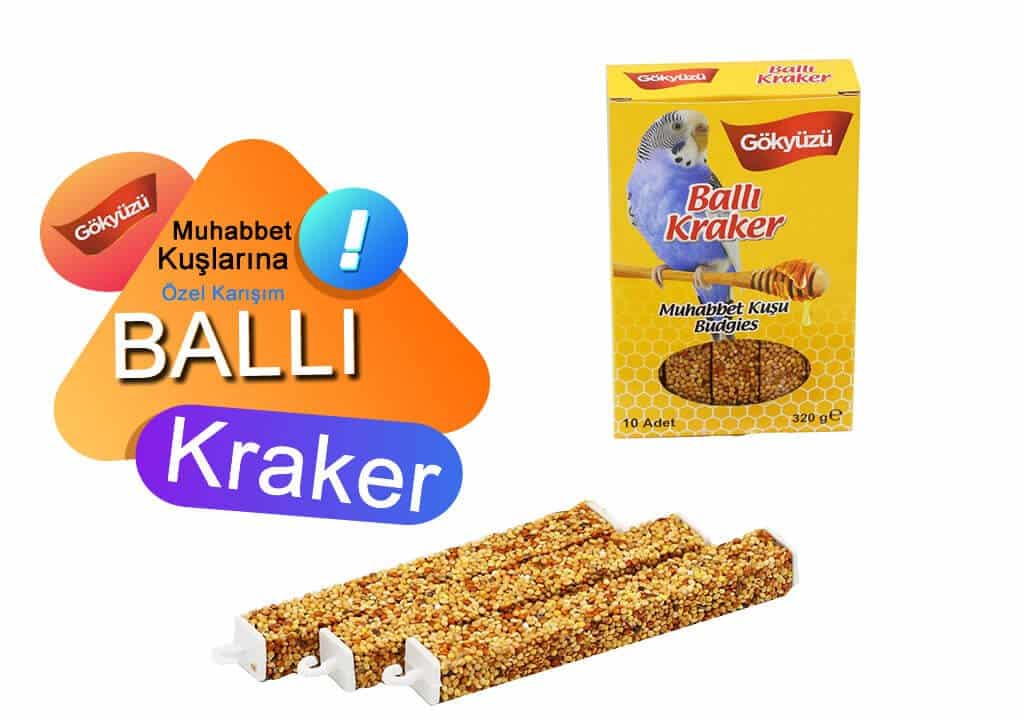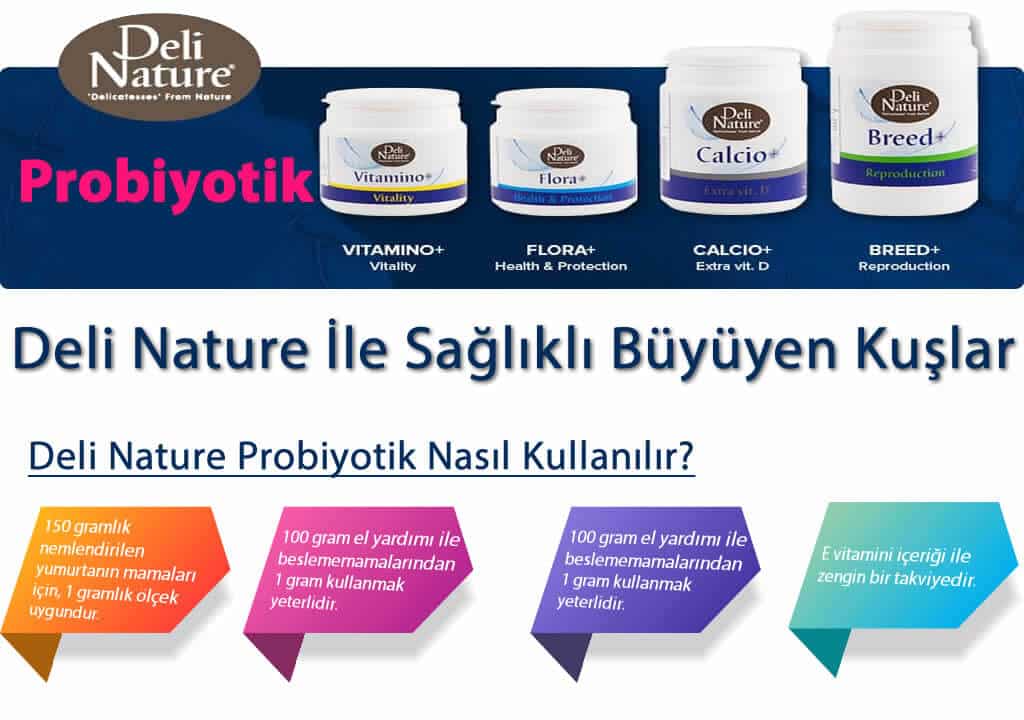Vitasand produces supplementary food products such as bird litter and mineral additives for cage birds such as budgerigars, pigeons, parrots, parakeets and canaries. It ensures that birds have a healthy digestive system with the bird sands developed in accordance with the structural characteristics of all kinds of birds. Poultry does not have stomach enzyme organs like humans, but digestion is done by organs called gizzard and gizzard. It has an indented and protruding stony structure.
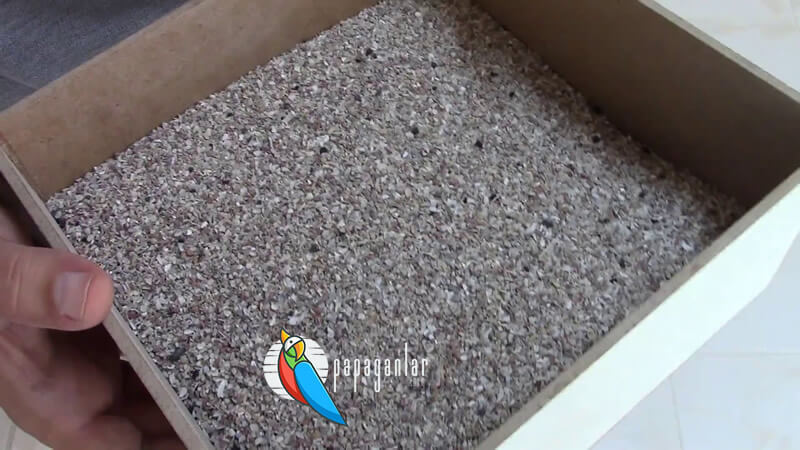
Food is grinded by these indentations. However, the gizzard needs tiny stones to do its job. For this reason, bird sand is a very important supplementary food for birds. Vitasand produces different bird sands with various features that can best meet this need of birds.
It produces bird sand, which is given to birds for the healthy functioning of the digestive system, with mineral and vitamin additives, and turns the sand that the bird takes for digestion into a nutritious supplementary food. There are many types of bird sand such as mineral, vitamin, coal, carbonated, vegetable, river sand, washed colored sands. Each allows birds to receive additional nutrients while regulating their digestion.
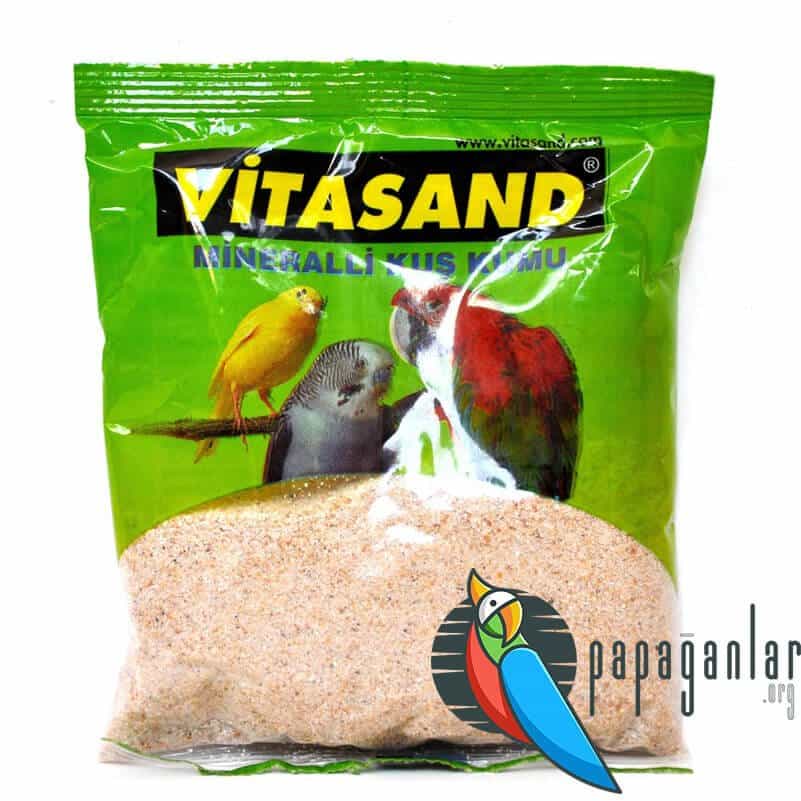
Vitasand Budgie Sand
Vitasand budgerigar sand is formulated in accordance with the physiological and biological structure of budgies. Sand, which makes the digestive system of the bird healthy, also allows it to receive additional nutrients. In their natural habitat, budgerigars swallow tiny stones to ensure digestion.
Vitasand bird sands, specially developed for cage birds, enable them to find the stone necessary for their digestion, as in natural life. Moreover, these specially prepared stones are enriched with various minerals and vitamins. While digestion is regulated with bird sand, it also provides calcium, magnesium, iron, protein and mineral support.
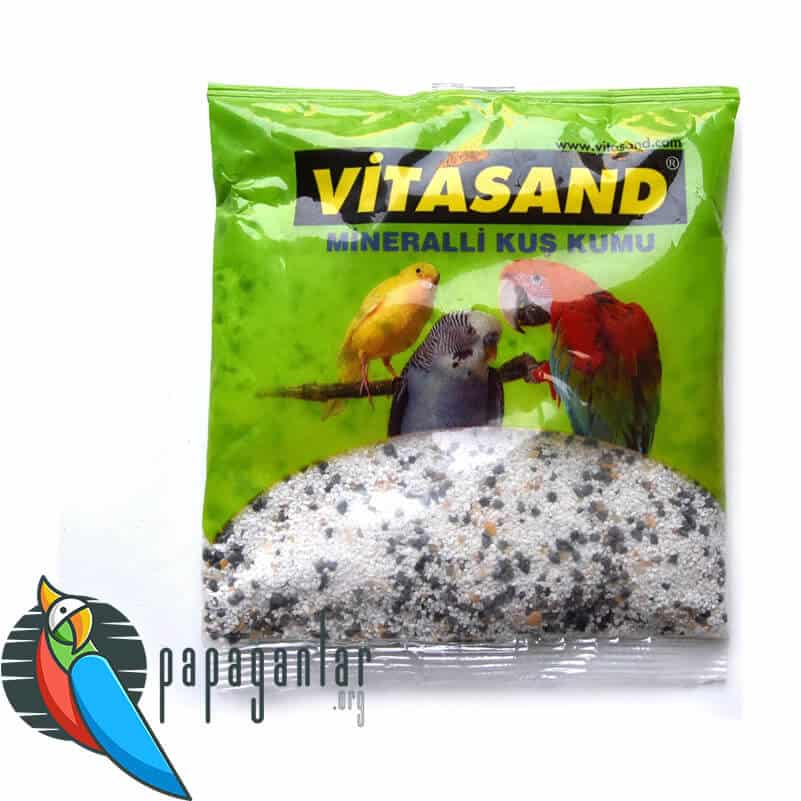
Enriched with mussel and oyster shells, bird sand enables budgerigars to have a healthy digestion. Bird sands, which do not contain any substance that will harm the bird, are 100% natural products suitable for the natural structure of the bird. Since birds do not have teeth, this bird sand allows them to be ground by rubbing against the food in the birds’ gizzard. Bird sand should not be thrown on the bottom of the cage. It should be given in a separate sand hopper. The bird will eat from the sand as it needs. Sand that you throw on the bottom of the cage can mix with the bird’s feces and cause the bird to become infected.




